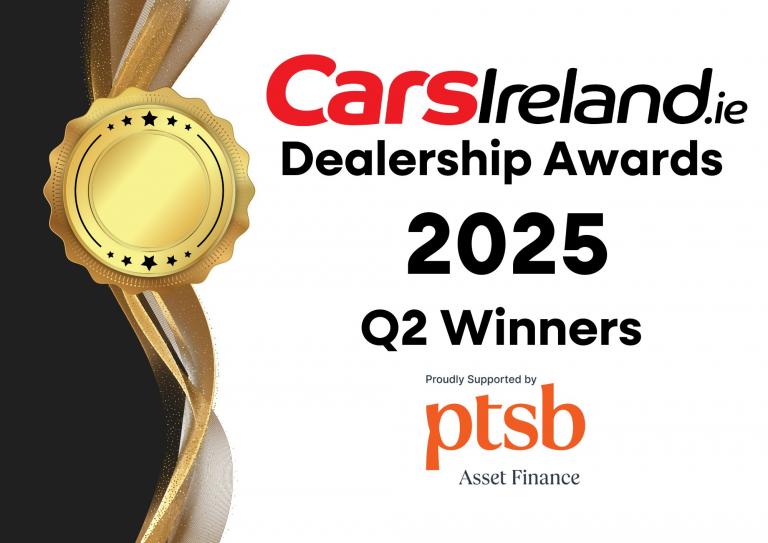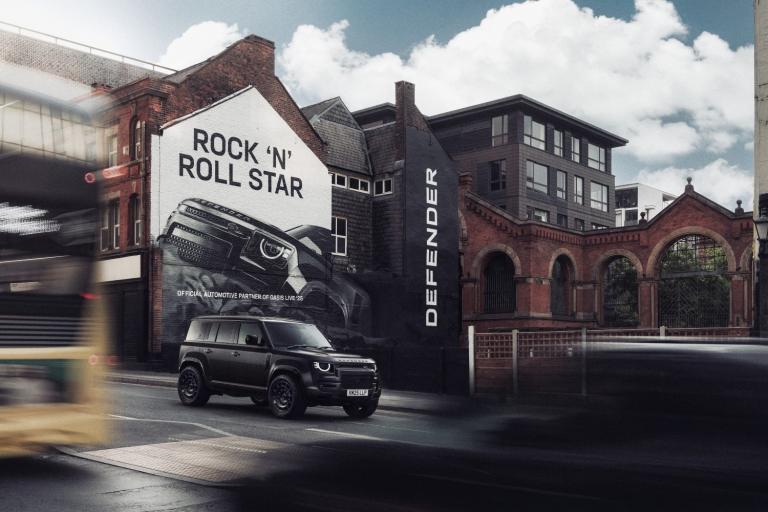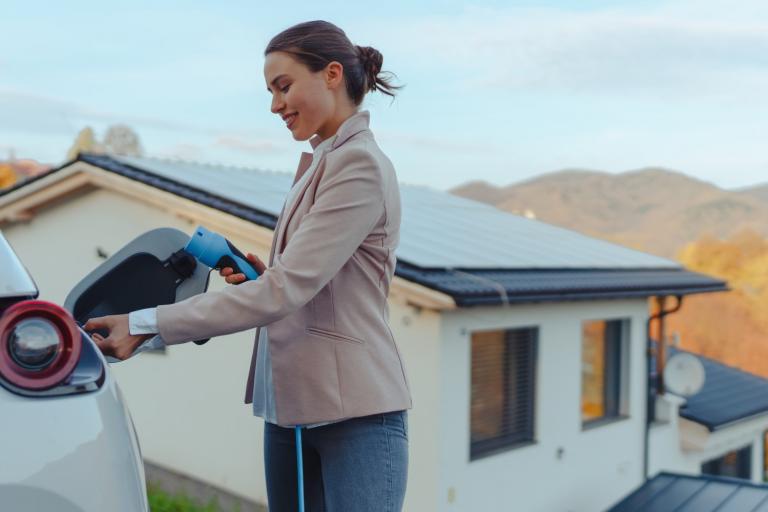Could this be the first real test of our grand love affair with diesel?
Published on 8 May, 2017
Overview
The good news is you will save an estimated €1.68 every 100km if you use diesel rather than petrol.
The bad news is you could be at least six years saving that amount - driving 20,000km a year - to make up the €2,000-plus premium you spent buying a diesel car in the first place.
Diesels cost more to make, and high demand over the past few years means they tend to cost more than petrols to buy. So you need to put up a lot of kilometres to justify the price gap.
There are other diesel considerations: road tax and Vehicle Registration Tax (VRT) tend to be lower; trade-in values can be higher; but servicing is more frequent. So maybe the six-year wait might drop to five, or four, but it is still a long time.
Up to now none of it seemed to matter to us. But the penny is beginning to drop. It has a long way to fall because the sales figures show just how much we still love our diesels. We've done so with special fervour since ground-breaking changes announced in Budget 2008 by the Fianna Fáil/Greens coalition.
At one fell stroke that Budget switched the basis on which we paid motoring taxation (VRT, road tax) from an engine's size to what it emitted. From July 1, 2008 (subsequently extended to cars registered from January 1 that year), you paid VRT and road tax on the level, and type, of pollutants coming out of your car's exhaust. The size of your engine was irrelevant.
That instantly paved the way for the technologically advanced diesels to win our hearts and minds where it mattered most - in our pockets. Overnight, diesels cost less. The price of a BMW 520d fell by more than €8,000 because its emissions put it in a lower VRT band.
Viewed for so long, by so many, as the 'oil-burner' sooty poor relation for trucks and vans, diesel became king of the road.
Many petrol cars in stock here had to be shipped abroad for sale at a loss. Ireland became 'Dieseland'.
Under the new rules, diesel cars cost less to tax too. Instead of paying €906 because you had a two-litre engine (as you would have in 2007) your bill plunged to as little as €160 in 2008 (since increased to €180 in 2013) for the same car. All because it had lower CO2 emissions.
I don't think anyone, least of all the Green Party which pushed for the changes to reduce the impact of motoring on the environment, envisaged how successful the measures would be in switching people to diesel. But while diesel's CO2 emissions may be 'easier' on the environment, it spits out far more NOx emissions than petrols. And that is where the debate is now fiercely engaged. Experts and studies claim NOx has detrimental effects on our health, especially in congested, urban areas.
There are choices to be made against the backdrop of the EU tightening its regulatory grip on emissions. Diesel is a target of, and most vulnerable to, the EU changes. The tougher rules and tests will almost certainly make diesel cars more expensive to make and, consequently, to buy. And maybe their rock-solid trade-in values might come under pressure.
On that basis, it is fair to say we are looking at the first real test of our grand love affair with diesel in a long time.
5 Things You May Not Know About Diesels
* Most diesels fall into the lower tax bands. That means the majority cost between €180 and €200 to tax.
* New diesel car registrations came to 102,771 last year, a 70.07pc market share and up from 88,810 in 2015 (71.16pc). This year, diesel's market share has dropped to 66.23pc.
* Despite ever tougher regulations, Mercedes has invested billions in a new 'family' of diesels.
* A report by the Brussels-based Transport & Environment group claims not one brand complies with air pollution limits for diesel cars and vans in real-world driving.
* Petrol engines compress fuel and air together, then ignite them with a spark. Diesels compress just the air making it so hot that it ignites when the fuel is injected.
Latest Reviews

2025 CarsIreland Dealership Awards Q2

Rock n Roll Star - Defender partners with Oasis Live

GEV Technologies Powers Smarter EV Charging for Fleets and Businesses